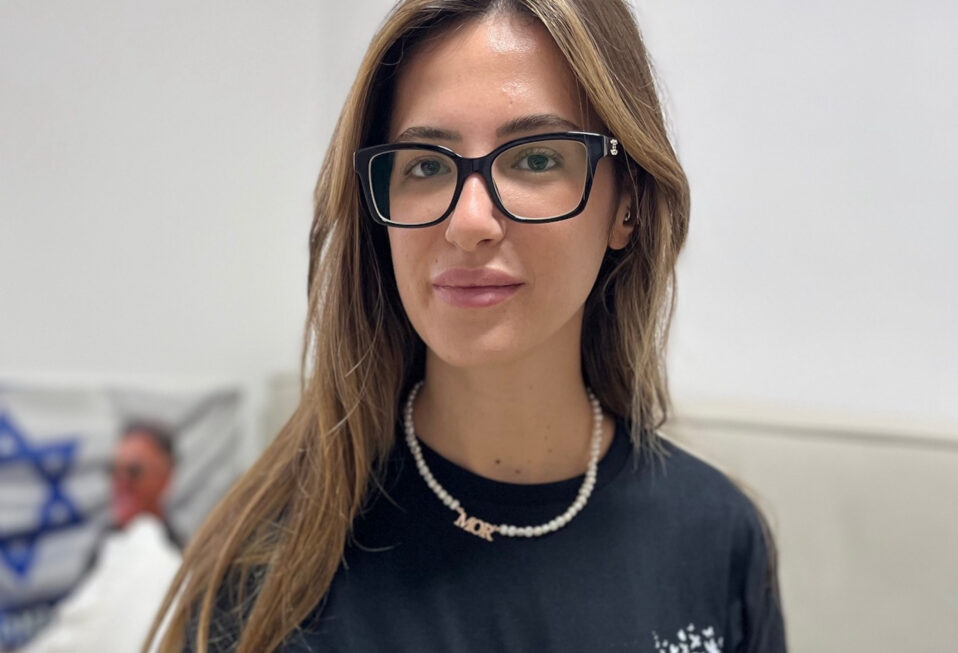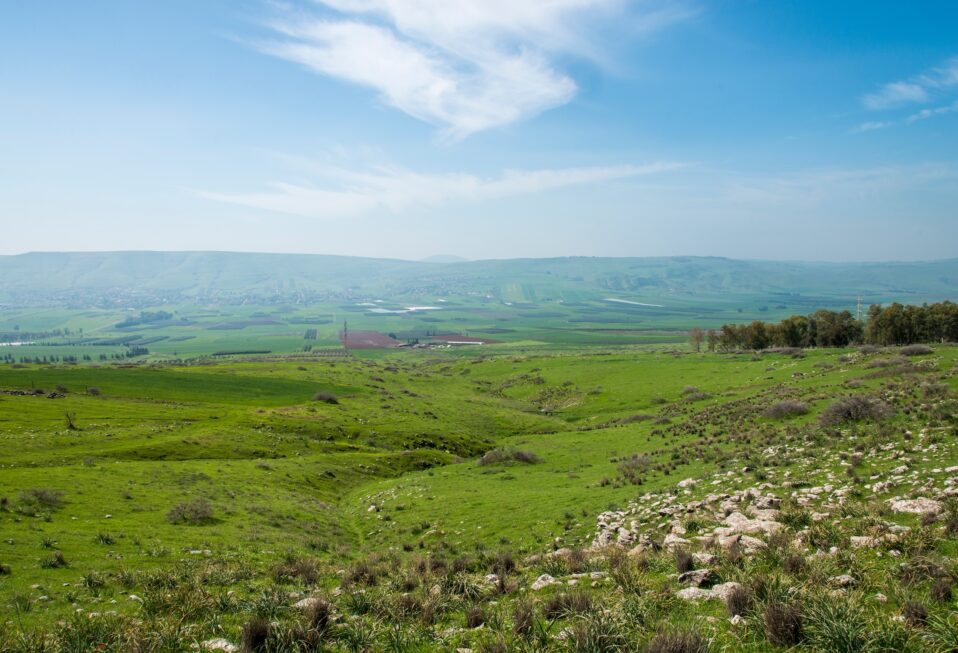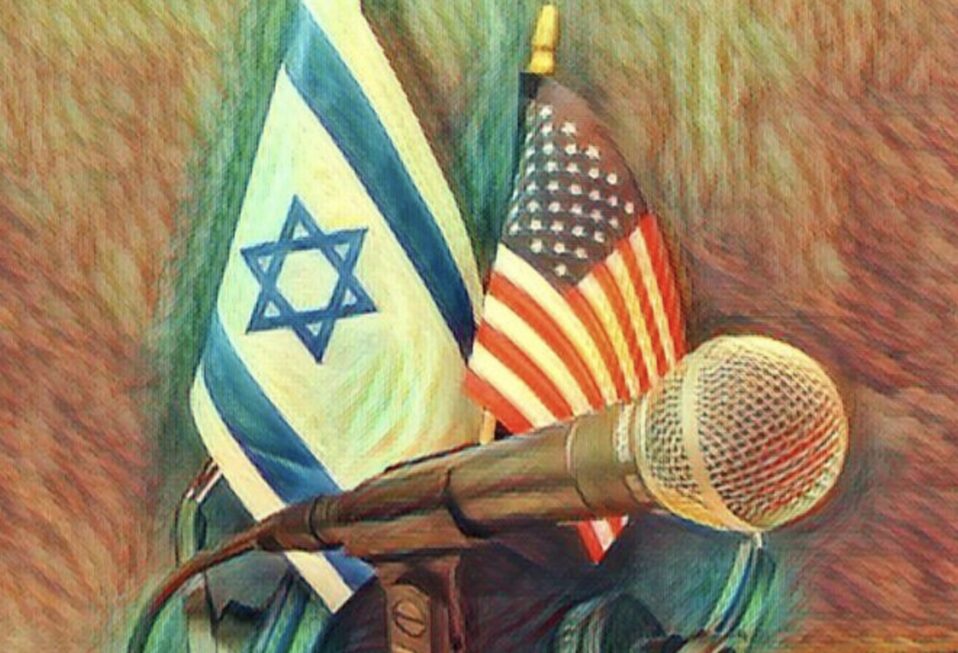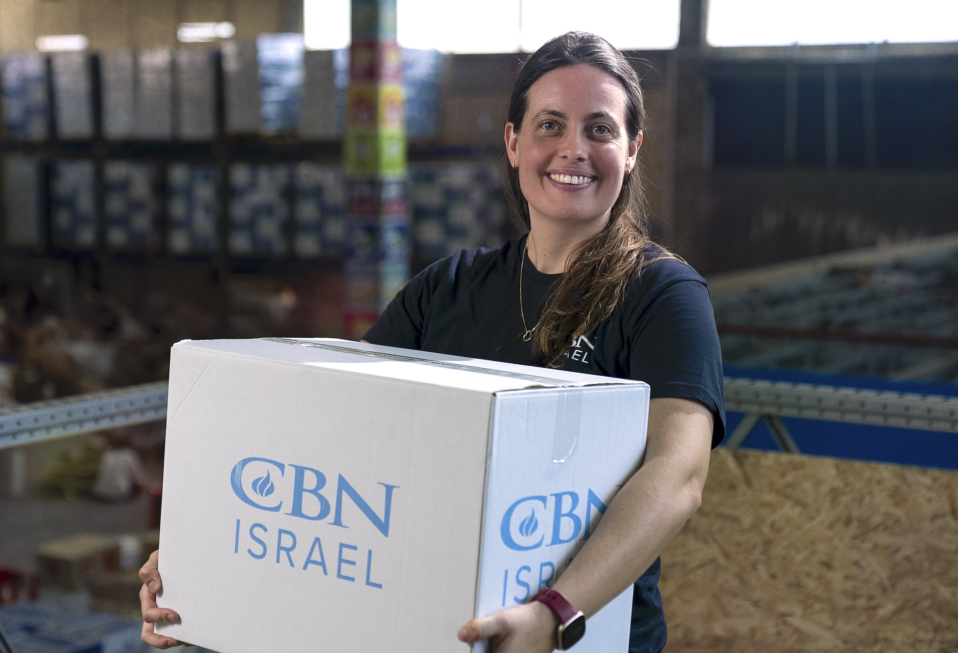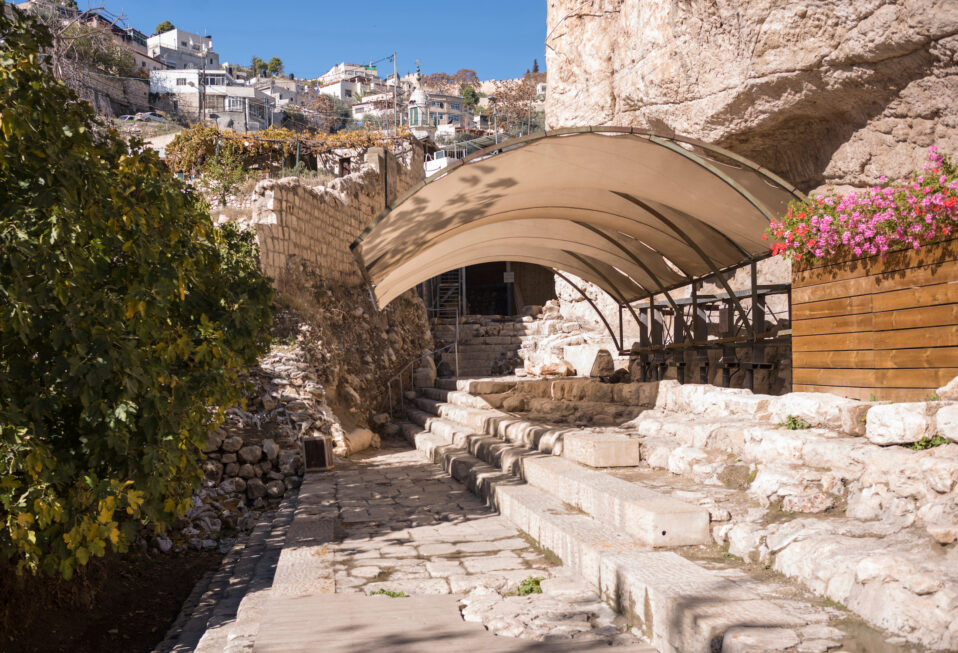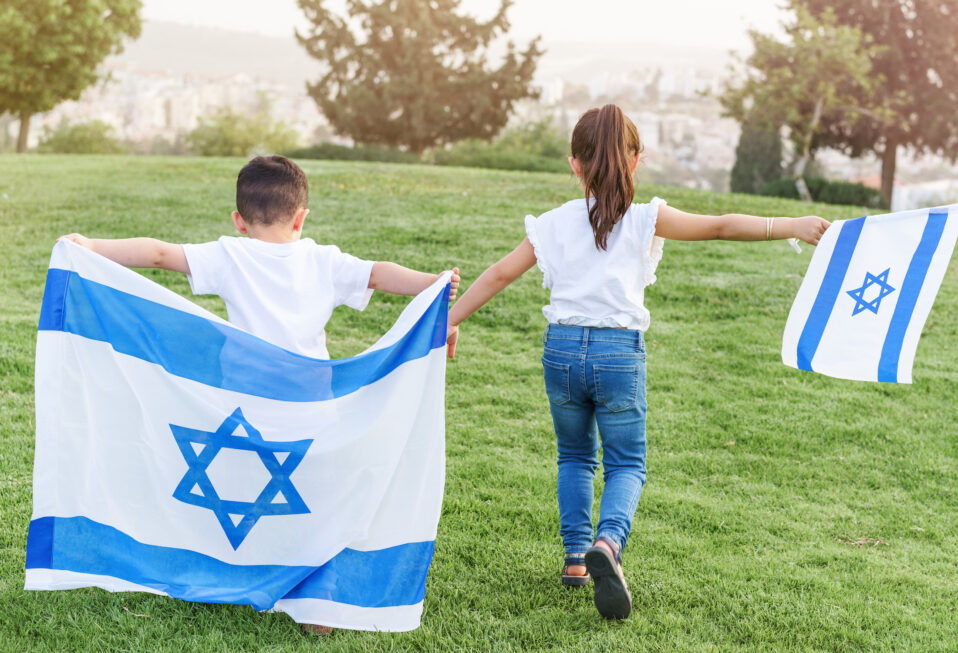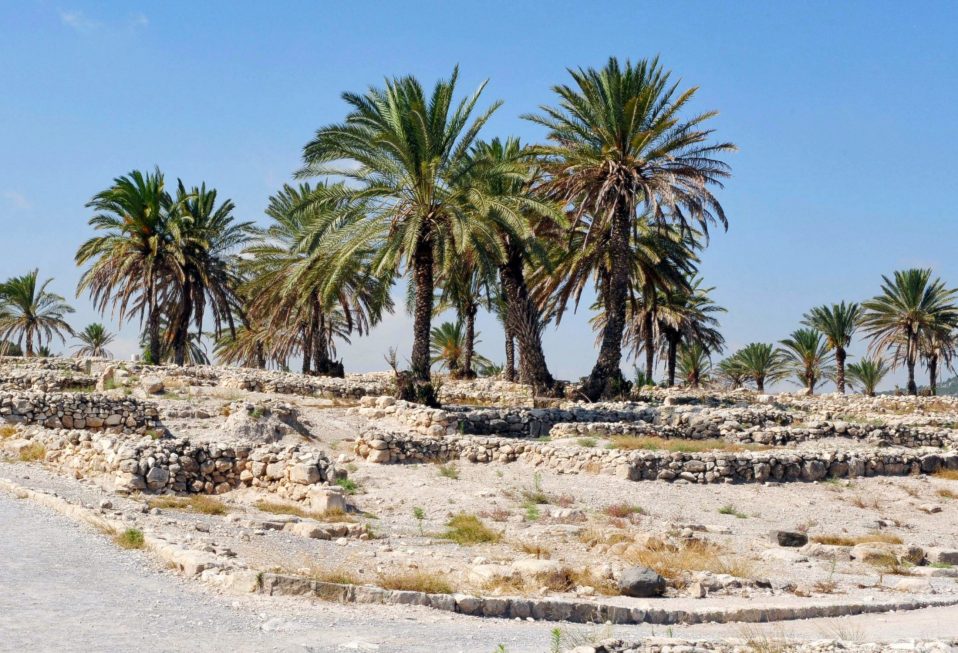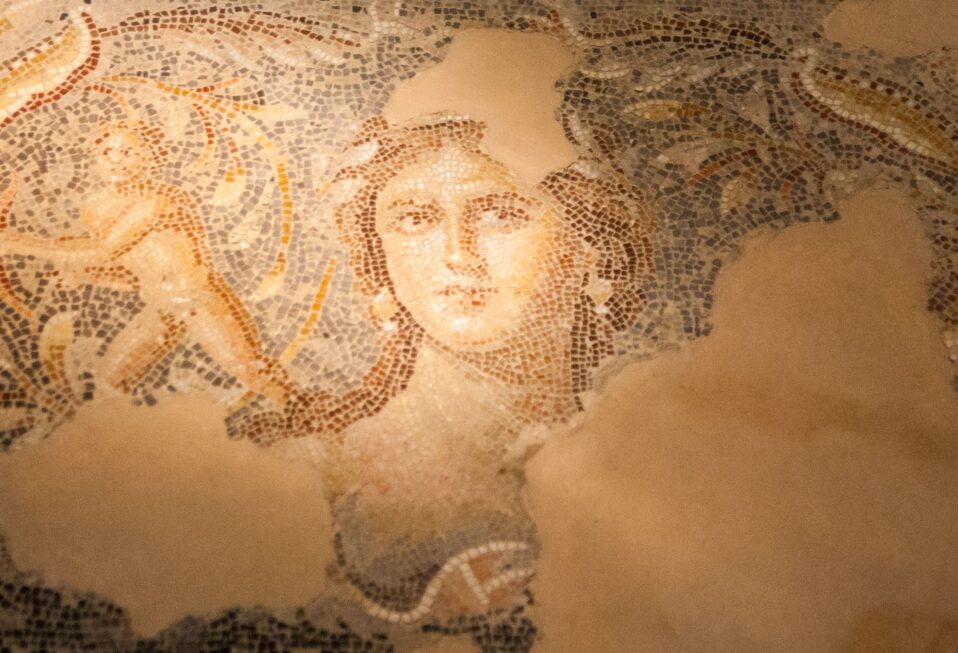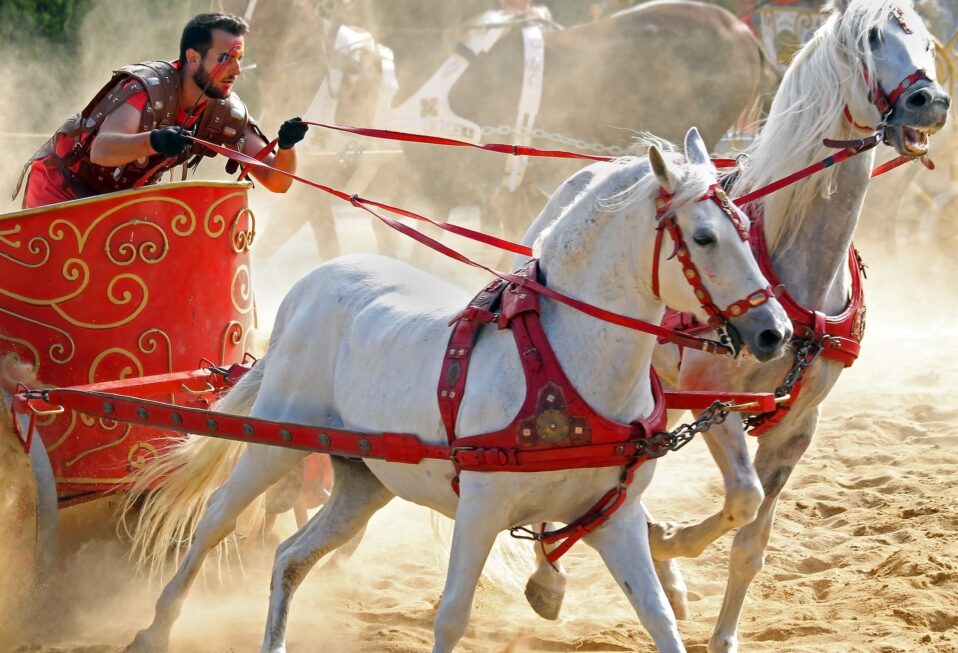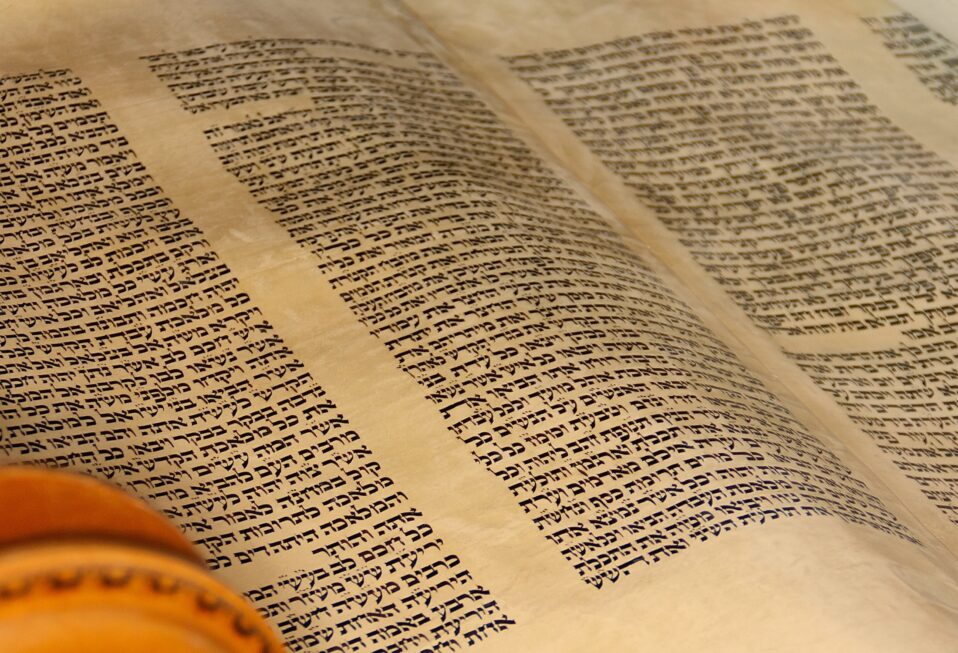By Arlene Bridges Samuels
Christians often enjoy tuning in to KBrite Radio and listening to co-hosts Ari Bussel and Norma Zager as they reach their listeners with fresh, relatable news and commentary. Their compelling combination of journalistic expertise and insightful commentary about Israel offer two important Jewish voices for Christians. Norma is an award-winning journalist, Ari is a foreign correspondent, and together they bring you their Eye to Eye broadcast each Saturday morning from southern California, home base for the long-standing Christian station.
We reached out to Ari and Norma for an interview to explore how Norma, as an American Jew, and Ari, as an Israeli American, are processing the October 7, 2023, massacre. Its painful aftermath creates deeper implications and anxieties for our American Jewish friends, too. Many have family and friends who are Israeli citizens, serve in the Israel Defense Forces (IDF), race to their bomb shelters at all hours, and wonder what the next day will bring.
Given the strong ethnic and generational ties between American Jews and Israeli Jews, I am indeed fortunate to know Ari and Norma as dear friends. We first met in 2018 at the Israel Government Press Office’s (GPO) Christian Media Summit for those the GPO considers part of worldwide Christian media. The GPO includes Ari and Norma in the Summit, inviting them as part of Christian media for their broadcasts featured on a Christian radio network.
During our interview, Ari and Norma exposed demonstrators and social media messages that are hiding behind literal—and figurative—masks here in the U.S. as protestors chant, “From the River to the Sea, Palestine will be free.” The true meaning of that chant, of course, is wiping Israel and the Jewish people off the map.
Ari began his remarks by explaining that “Today’s antisemitism is different than what my parents experienced in Poland and Lithuania almost 90 years ago.” He went on to say that antisemitism was “formerly disguised as criticism of Israel, not the people of Israel, just the government of Israel. Now all pretense is gone. It is popular to be open about the conviction that “Jews Must Die.”
Norma adds, “At one time people were ashamed of being an antisemite, a racist. In today’s world, it seems like it’s something to be proud of.” She laments, “One thing that makes me the saddest is that it shows such a flaw in human nature, that is spreading throughout the world.”
Both Ari and Norma observe that Jew-hatred is not considered a bad thing among many in our society. In fact, it is now glorified among demonstrators, on college campuses, and in propaganda on social media. Hating Jews is out in the open, as Norma articulated—“the right thing to do and the right thing to be.”
Ari shared a story about taking a simple morning walk in his neighborhood. “A homeless person shouted at me, ‘We have to kill all the Jews! You rape our children!’ I look Middle Eastern, but not necessarily as a Jew.” He observed that in Israel, others “would be hard pressed to separate Muslims from Jews, Druze from Yazidis, Coptic Egyptians from Syrians or Iraqis.” As you can imagine, Ari left the street as quickly as possible.
In one incident, a group of Palestinians entered a restaurant nearby and demanded that all Jews stand up and identify themselves so the troublemakers could beat them up. Ari lives in an area populated with Jews and he relates that these extreme “hunts for Jews” are, at present, infrequent. However, anti-Jewish signs and notes in the streets are distributed, and name-calling at Jews is prevalent. For example, Orthodox parents walking with their children back from synagogue encounter such behavior all too often.
Jews are loved by God, not because they are perfect, just as we are not perfect. Yet, in Deuteronomy 7:6-8 God promises, “For you are a holy people to the LORD your God; the LORD your God has chosen you to be a people for Himself, a special treasure. … The LORD loves you, and because He would keep the oath which He swore to your fathers, the LORD has brought you out with a mighty hand, and redeemed you from the house of bondage, from the hand of Pharaoh king of Egypt.”
Here, Ari quotes the satanic, opposite viewpoint of terrorists: “Do as you desire; Jews are not human beings. They were not created in the image of God. They are pigs and apes! Do not hide them, slaughter them!” He defines antisemitism as the essence of pure hatred, currently directed toward Jews, holding them to a different standard to eliminate and isolate them. He notes the importance of fighting against evil together: “Because this virus is not much different than any other, like the Ebola virus. It is highly contagious; there is no real, full cure for it; and as it spreads, it does not differentiate between a Jew and Gentile [non-Jew].” Sadly, people from all places, cultures, and religions can be susceptible to such blind and ignorant hatred.
Ari declares that now, after October 7, 2023, Jews “will not go like sheep to the slaughter; in fact, they refuse to go away. We are not a death cult. We stubbornly remain as a light to the nations with utter determination and devotion while empires fall and disappear.”
I know from personal experience that both Norma and Ari treasure their friendships and their advocacy together with Christians. Many non-Jews may ask why we should care about antisemitism. After all, we are not Jewish. Thus, antisemitism will not and cannot affect us—we are immune!
Ari’s response: “Antisemitism is a disease via which evil is spread; a messenger. Those who succumb to it are guilty, as are those who stand and say not a word. Western civilization witnessed how ‘first they burned books, then they proceeded to burn people.’ When good people do not act, evil spreads merrily.”
Norma rightly opines that “antisemitism is no longer forbidden.”
Today, more than ever, sincere Christians—those who take the Bible seriously—compose one of Israel’s greatest allies against antisemitism. And here is inclusion at its finest: Christians are, after all, grafted into an ancient Jewish olive tree by the grace of God. We benefit from the eternal promises God bestowed thousands of years ago through Abraham!
We encourage you to write a kind note to any Jewish friend. If you live near a synagogue, visit a service, shake the rabbi’s hand and identify as a Christian with a supportive comment. Remain informed. Read and listen to trustworthy news such as CBN News, Jerusalem Dateline with Chris Mitchell, or The Watchman with Erick Stakelbeck.
Our CBN Israel team invites you to join us in prayer for our American Jewish community this week:
- Pray for the American Jewish community’s shalom (i.e., peace and wellbeing).
- Pray for those deciding about a move to Israel, their homeland.
- Pray for Jewish students still threatened on U.S. campuses.
- Pray for bravery to speak up for our Jewish community.
Arlene Bridges Samuels is the weekly feature columnist for CBN Israel since 2020. Working on the staff of the American Israel Public Affairs Committee (AIPAC) as their SE Regional Outreach Director for nine years, International Christian Embassy Jerusalem USA engaged her as the Leadership Outreach Director part-time for their project American Christian Leaders for Israel. Arlene is an author at The Blogs-Times of Israel, is published at AllIsrael.com and The Jerusalem Connection, and has traveled to Israel since 1990. By invitation, she attends Israel’s Government Press Office Christian Media Summits as part of Christian media worldwide. In 2024, Arlene and her husband Paul co-authored Mental Health Meltdown: Illuminating the Voices of Bipolar and Other Mental Illnesses. www.TheMentalHealthMeltdown.com.


